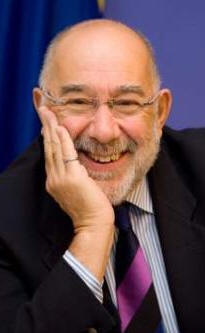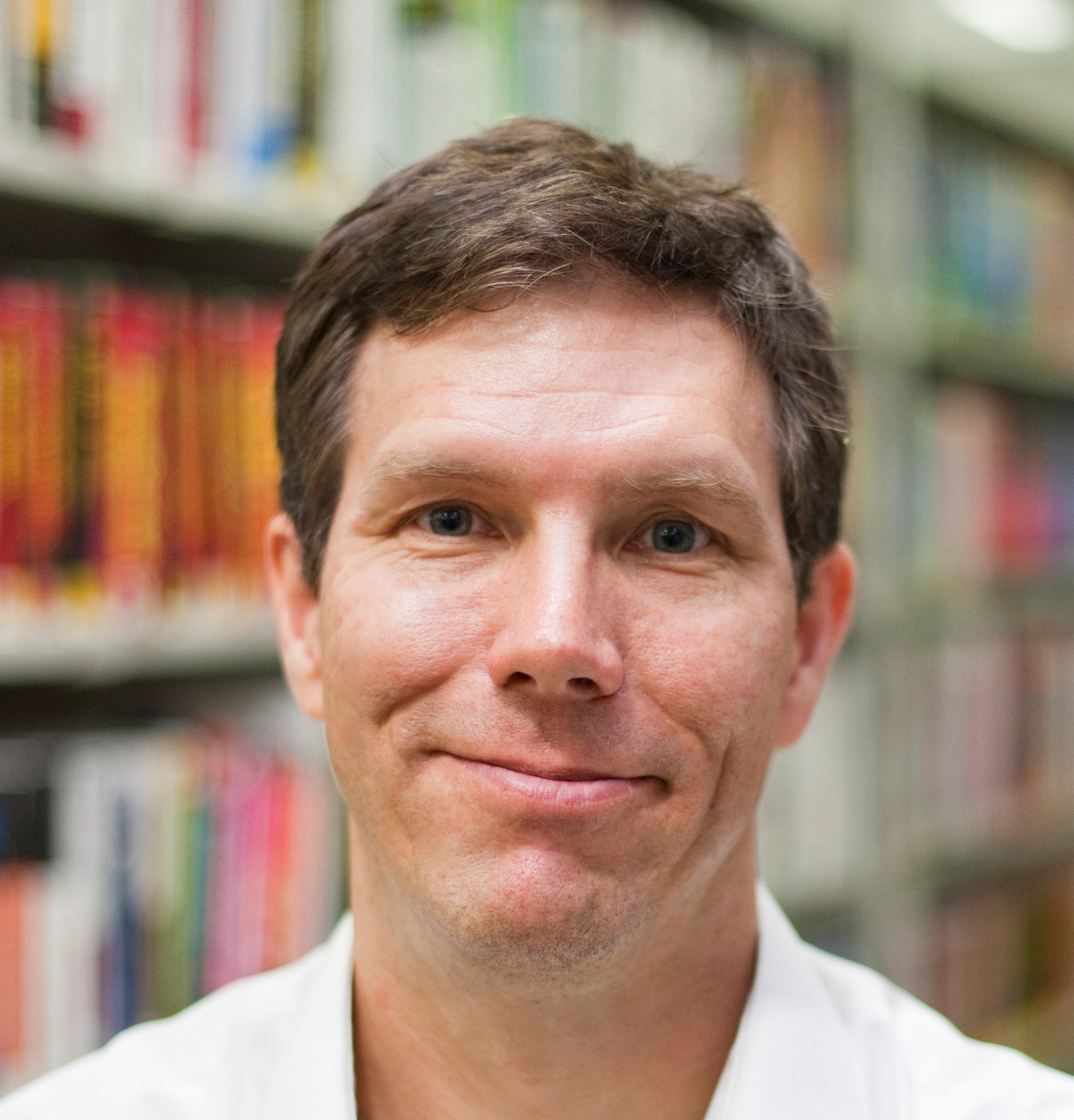Keynote Speakers
|
Speaker: |
Dr. Joao Schwarz Dasilva
|
|
Title: |
From Ubiquitous networks
to Ubiquitous Information |
 |
Dr.
JOAO SCHWARZ DASILVA received a PhD on the Performance
Analysis of Mobile Packet Radio Systems from Carleton
University, Ottawa, Canada in 1981 and a Master and
Bachelors degree on Electrical Engineering from the
Ecole Polytechnique, Montreal, Canada in 1971 and 1970.
He is currently a Research Fellow with the Centre for
Interdisciplinary Research on Security, Reliability
and Trust with the University of Luxembourg.
After
numerous positions in Canada with the Communications
Research Centre and Switzerland with the International
Telecommunications Union, he joined the European Commission
in 1991. In 2004 he was appointed Director of the Network
and Communication and further on Director of Converged
Networks and Services, where he had the overall responsibility
for all the R&D work relating to mobile communications,
broadband networks including satellite communications,
audio-visual and home networks; trust and security,
software engineering and ICT for business applications.
In
2005 he initiated a major European R&D drive toward
the Future Internet, which has led to the establishment
of the Future Internet Assembly and the Future Internet
Forum and of a European Future Internet Public-Private-Partnership
. He retired from the European Commission in 2010.
He
is the recipient of the first UMTS award by the UMTS
Forum. He is a Fellow member of the Wireless World Research
Forum. He is the author of some 100 technical and scientific
papers and books and has been invited as guest editor
of IEEE Communications and Personal Communications Magazine.
He is member of the Consultative Committee of the Portuguese
Telecommunications Competitiveness Pole, the Advisory
Board of the European Alliance for Innovation and the
Scientific Council of France Telecom.
|
|
Abstract: |
Since
the early days of mankind, networks have grown and evolved.
Over time we have witnessed a number of civilization
disruptions brought about by a rapid change in the networking
fabric. The explosive growth of digital networks in
recent years has now made possible to connect all human
beings through a plethora of devices capable to sense,
capture, search, discover and transmit structured or
unstructured data, with or without human intervention.
Moreover, what used to be dumb networks are now being
transformed into smart networks catering for human needs
in transportation, energy distribution, environmental
protection or health protection. A new civilization
disruption is around the corner. The size of the digital
data universe increases exponentially and doubles each
18 months. Under the expressions big data and open data,
lay an immense data mine, waiting to be exploited. Being
able to economically extract value from it, will offer
unprecedented opportunities for progress and for abuse.
We have reached the point where modelling and analytical
tools can help Internet corporations and commercial
institutions to anticipate future individual behaviour,
while government agencies have the means to predict
social unrest, political crisis or disease outbreaks.
While engineers in general tend to look at the enormous
societal changes that Internet has and will make possible,
as simply part of a commonly shared belief in an utopian
technological dream, lately others, in particular social
scientists and policy makers, have been questioning
the limits of the increasingly globalized power of information
handlers. Indeed raising security and privacy concerns
are routinely expressed regarding the substantial power,
unparalleled in human history, which is exerted by large
cyber powers. Masters in the exploration of huge databases
of information about individual’s interests and behaviour,
their undisputed power is frightening.
|
|
|
|
|
Speaker: |
Dr. Michael Gould
|
|
Title: |
An IT Platform for
Geo-enabling Government, Citizens and Education |
 |
Michael
Gould is Esri’s (http://www.esri.com/)
Global Education Manager, focusing primarily on the
regions of Europe, Middle East, Africa, and Latin America.
Michael studied Geographic Information Systems at the
University of Massachusetts and NCGIA - State University
of New York at Buffalo (PhD 1994). Between Masters and
PhD studies he was research programmer at the Harvard
Laboratory for Computer Graphics and Spatial Analysis
(funded by The Aga Khan Program for Islamic Architecture),
and then GIS specialist at an environmental consulting
firm in South Carolina, USA, where he helped create
oil spill response applications for the National Oceanographic
and Atmospheric Agency. In September 1991 he moved to
Spain to take a position as director of technology transfer
at Esri-Spain, where he worked closely with university
users and organized and taught several short courses
and seminars. In 1993 he moved to academia and was visiting
professor (GIS) at the universities Complutense (Madrid),
Extremadura, and Valencia, before taking in 1998 a tenured
position in Information Systems at the University Jaume
I in Castellon, Spain. He spent the 2000-2001 school
year on sabbatical at the Open Geospatial Consortium
(OGC), Wayland Massachusetts, working on international
activities and managing the documentation subcommittee.
During the past decade he has directed several research
projects funded by regional, national and European Union
agencies, primarily in the areas of Spatial Data Infrastructures
(SDI), interoperability and web services. Recently he
co-founded the Master of Science in Geospatial Technologies
degree program, run jointly with the universities of
Muenster (Germany) and Nova de Lisboa (Portugal) which
includes students from around the world. In 2008 Gould
joined Esri (California) and he works with universities
and education and ICT ministries to help build geospatial
education and entrepreneurship programs. He has served
on multiple committees including the management committees
of the Spain SDI, the Association of Geographic Information
Laboratories in Europe (AGILE) including 2 years as
chair, GSDI technical committee, INSPIRE European Union
directive committee for metadata implementation rules,
more than 50 conference program committees, has been
active in the UN Spatial Data Infrastructure (UNSDI).
Over the years he has published a GIS textbook (in Spanish),
edited books on GIS applications and on advances in
the Spain SDI, as well as more than 150 journal articles
and international conference papers.
|
|
Abstract: |
For
centuries maps were the property only of rulers, for
the primary purposes of war or taxation. Today a wide
collection of ubiquitous geotechnologies allow not only
governments but also citizens and students to geo-enable
their decision-making processes. This involves geolocation
--putting a dot on the map to show where we are or where
we have been—which is necessary but not sufficient.
Add to this IT innovations such as open web service
standards, global imagery and other official data sources,
powerful mobile devices and then geoprocessing algorithms
previously found only inside complex GIS workstations,
and the result is a geographic platform. On top of the
platform are being built an ecosystem of applications
for collecting, publishing and sharing intelligent web
maps that are embedded into all forms of decision-making.
Governments are using the platform to build smart cities,
citizens are using the platform to help change behavior
and to improve stewardship of the fragile environment,
and students are using the platform for project-based
learning and then to fuel service-based startup businesses.
A wide range of examples are shown.
|
|
|
|
| |
|
|